Company Develops AI-Controlled Shoes That Help the Blind Avoid Obstacles
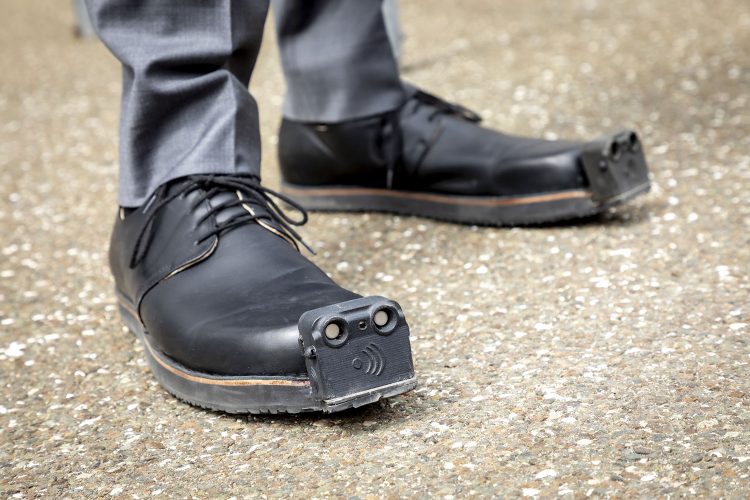
Austrian company Tec-Innovation recently unveiled smart shoes that use ultrasonic sensors to help people suffering from blindness of vision impairment to detect obstacles up to four meters away. Known as InnoMake, the smart shoe aims to become a modern alternative to the decades-old walking stick that millions of people around the world depend on to […]
TV Documentary Uses Virtual Reality to Reunite People With Loved-Ones Who Have Passed Away
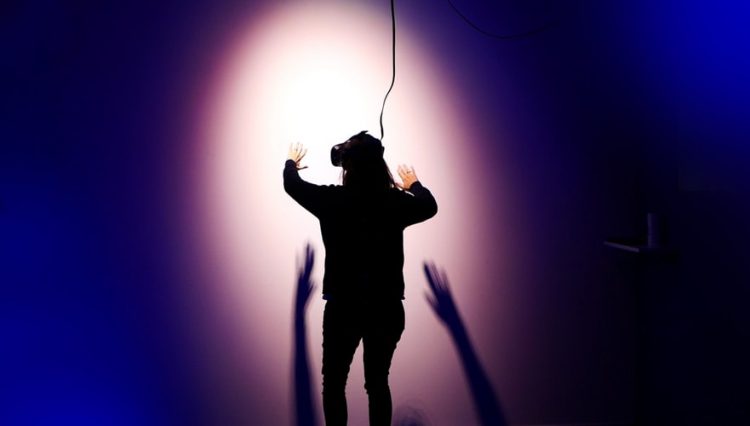
Virtual reality has the potential to change our lives in a number of ways, one of which is apparently the possibility to reunite with loved ones who have passed away. South Korean television MBC recently started broadcasting season two of its hit documentary, 너를 만났다 (“I Met You”), a unique program that uses state-of-the-art VR […]
Japanese Company Creates “Smart Glasses” That Can Allegedly Cure Myopia
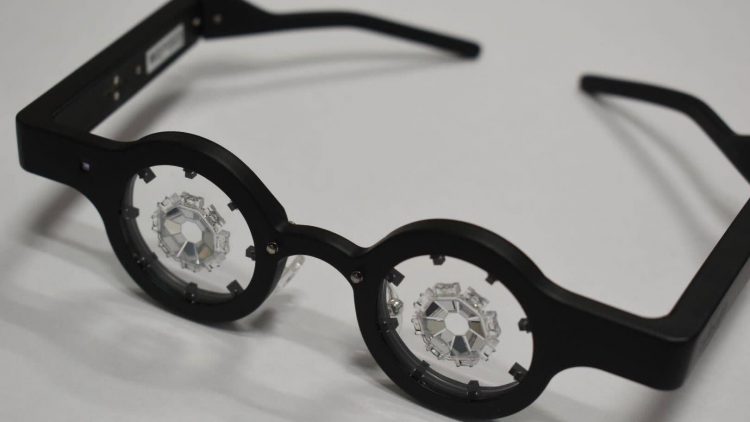
Japan’s Kubota Pharmaceutical Holdings claims to have developed smart glasses that, if worn just an hour per day, can allegedly cure myopia. Myopia, or nearsightedness, is a common ophthalmological condition in which you can see objects near to you clearly, but objects farther away are blurry. To compensate for this blur, you have the option […]
Real-Life Cyborg Has Two Fins Implanted Into His Skull, So He Can Sense the Weather

Spanish artist Manel de Aguas doesn’t consider himself human, but something else. A founding member of the Trans-Species society, he uses technological implants to experience the world differently than the rest of humanity. 24-year-old Manel de Aguas first made international news headlines in August of 2017, when he built the first prototype of a device […]
South Korea’s First AI-Powered News Anchor Looks Eerily Realistic

South Korean television channel MBN recently introduced its viewer’s to the Asian country’s first ever AI-powered news anchor, an eerily realistic version of human anchor Kim Ju-ha. Developed by MBN in partnership with artificial intelligence production company Money Brain, South Korea’s first AI-powered news anchor was reportedly shockingly similar to her human inspiration. Not only […]
Researchers Develop High-Tech Device That Simulates Holding a Girl’s Hand
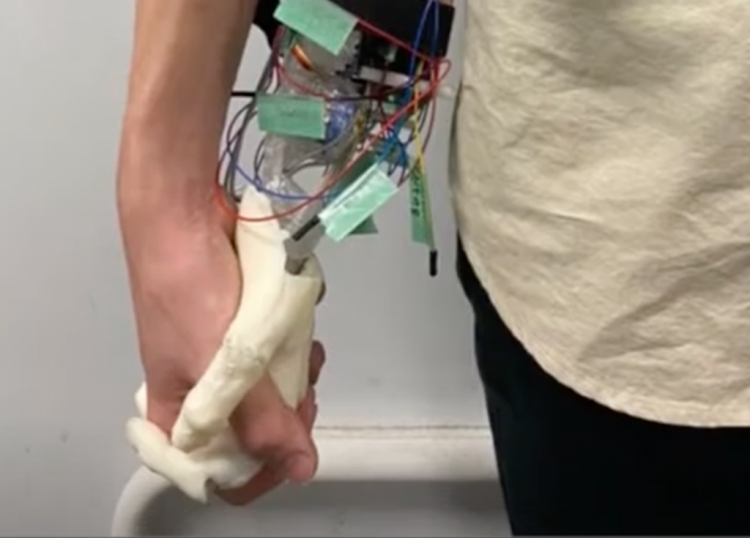
If you’ve ever wanted to hold a girl’s hand and take long romantic walks in the moonlight, but could never actually find a girl to do that with, there’s now a high-tech device you can try. Developed by a research team at Gifu University, in Japan, “My Girlfriend in Walk” is an ingenious device that […]
Wall of Wind – World’s Most Powerful Fan System Can Reproduce a Category 5 Hurricane

The Wall of Wind is the world’s largest wind simulator, an impressive contraption capable of generating winds of up to 157 miles per hour (70m/s), comparable to those registered during category 5 hurricanes. In order to better protect against the devastating force of hurricanes, you first have to study them and test various materials against […]
Robot Legs Help 7,600-Tonne Building “Walk” to New Location

Chinese Engineers have successfully moved an 85-year-old historical school building in Shanghai to a new location with the help of 198 robotic legs. Moving older buildings to make room for new construction projects is nothing new in China, but what makes this particular case interesting is the method used to move the 7,600-tonne building. Usually, […]
Amazon Drivers Hanging Smartphones in Trees to Get More Deliveries

Amazon contract delivery drivers in Chicago are allegedly hanging their smartphones outside warehouses and delivery points to boost their chances of getting delivery orders. Major news outlet Bloomberg last week reported on a strange new trend among Amazon and Whole foods contract drivers in Chicago – hanging their smartphones in trees close to the companies’ […]
Engineer Creates ‘A.I. Jesus’ Trained Only on King James Bible

An artificial intelligence engineer has created an intriguing algorithm that learned human language from reading “the bible and nothing else” and is now churning out ominous prophecies based on the Holy Book. George Davila Durendal, a childhood coding prodigy and current AI engineer and entrepreneur, recently unveiled his wackies creation yet, an A.I. algorithm trained […]
Automation Studio Creates Robot Swift That Flies Just Like the Real Bird
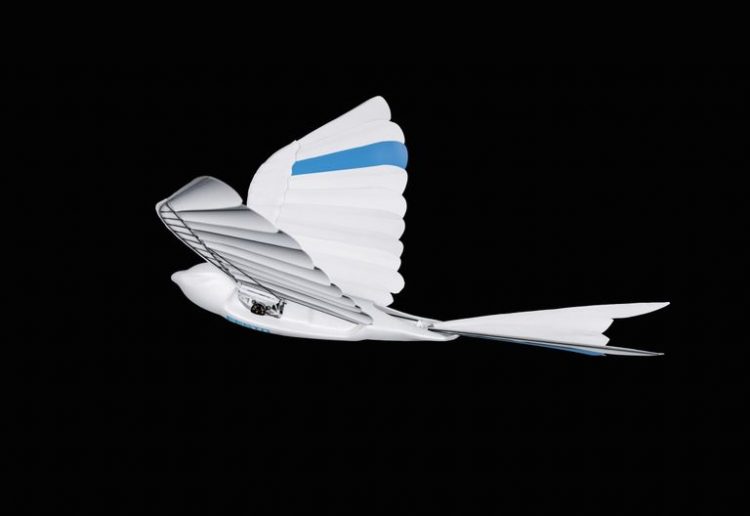
German automation company Festo recently unveiled its latest bio-inspired creation, the Bionic Swift, a lightweight robot capable of mimicking the flight of an actual swift. Over the last decade Festo has unveiled an impressive number of robots inspired by the Earth’s fauna, from bionic ants and butterflies, to penguins, jellyfish and even kangaroos. Earlier this […]
Russian Cows Wear VR Headsets to Reduce Their Anxiety, Increase Milk Production
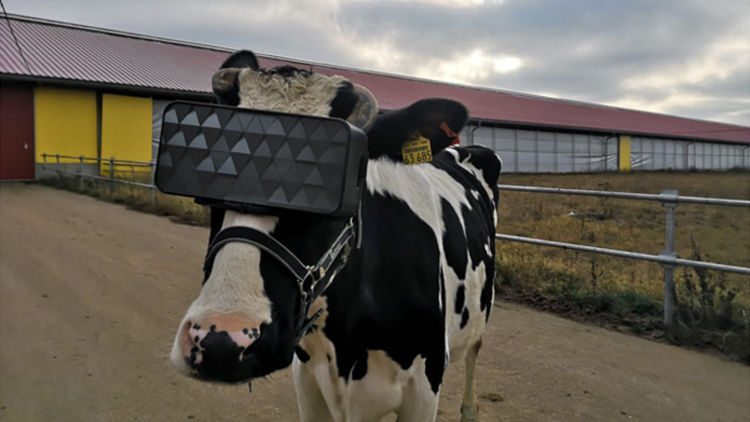
In an attempt to reduce cows’ anxiety and hopefully increase their dairy production, a cattle farm in Moscow’s Ramensky district has equipped its herd with specially-designed virtual reality headsets. Research has shown that there is a link between a cow’s emotional state and it’s daily milk yield. In the past, we’ve heard of dairy farms […]
Chinese Researchers Create Stretchable Display Thin Enough to Be Worn as Temporary Tattoo
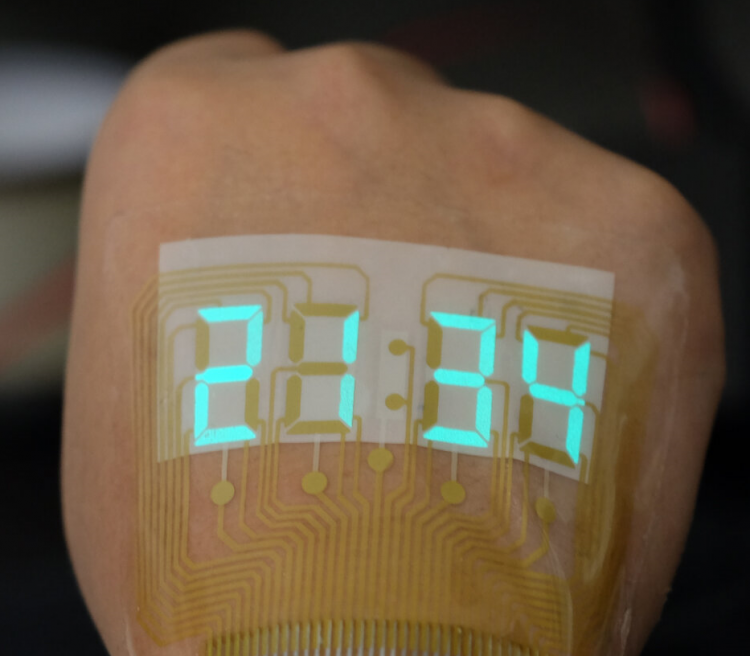
A team of researchers from the College of Engineering and Applied Sciences at Nanjing University recently unveiled an innovative display that is thin and flexible enough to be worn on skin, like a type of temporary tattoo. Having to check a stopwatch to see your time while running, or looking at your smartphone screen to […]
Harry Potter Fans Eye Toyota’s New Electrically-Powered Witch’s Broom
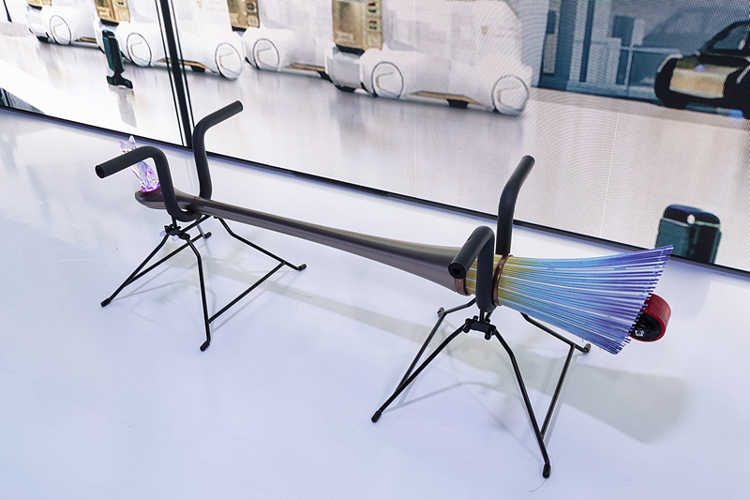
Called an “e-broom”, Toyota’s latest mobility platform looks like a futuristic witch’s broom that users can ride to get around. Apparently, quidditch fans found the concept very intriguing. Unfortunately, Toyota’s e-broom isn’t yet able to make quidditch players airborne, like in the popular Harry Potter books, but they are capable of propelling people on the […]
French Researchers Build Creepy Phone Case That Mimics Human Skin
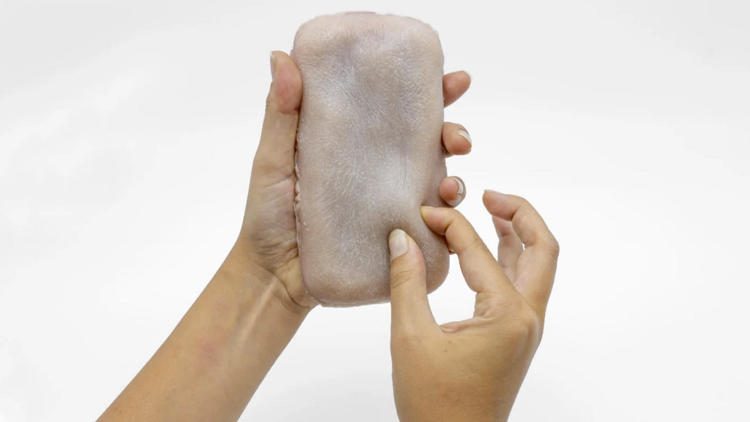
A team of French and English researchers recently showcased a prototype phone case called Skin-On, which not only mimics the look and feel of human skin, but also enables interaction communication through gestures like pinching or tickling. Developed by researchers at the University of Bristol in partnership with Telecomm ParisTech and Sorbonne University, Skin-On consists […]
